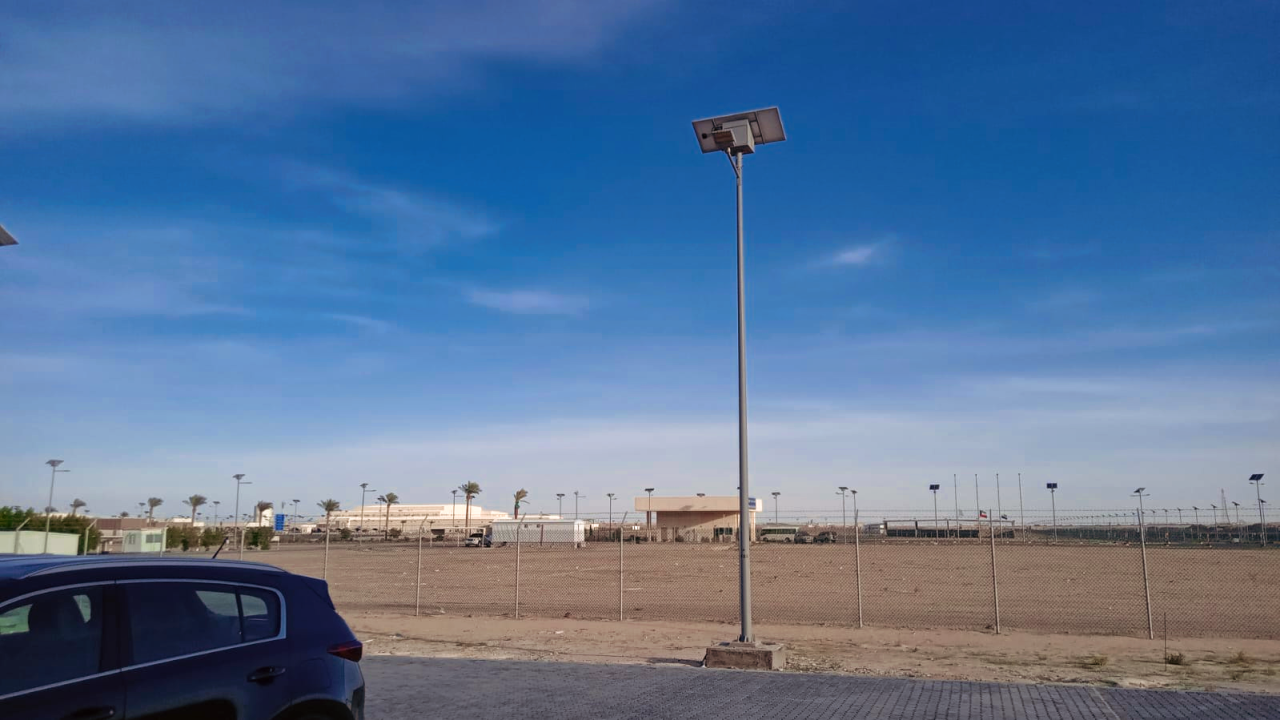 Energy Management Strategies for Street Lighting
Energy Management Strategies for Street Lighting
Mar .28.2025
Effective energy management is critical for reducing the environmental and financial costs of street lighting. By integrating smart technologies and sustainable practices, cities can achieve significant savings.
 Energy-Saving Control for Street Lights
Energy-Saving Control for Street Lights
Mar .28.2025
Street lighting is essential for urban safety and nighttime visibility, but it also consumes significant energy. Traditional street lights often operate at full power throughout the night, leading to unnecessary energy waste.



 The Necessity and Implementation Pathways of Urban Streetlight Energy Retrofit
The Necessity and Implementation Pathways of Urban Streetlight Energy Retrofit
 Energy Management Strategies for Street Lighting
Energy Management Strategies for Street Lighting
 Energy-Saving Control for Street Lights
Energy-Saving Control for Street Lights
 The Application of 5G Technology in Remote Street Light Control
The Application of 5G Technology in Remote Street Light Control